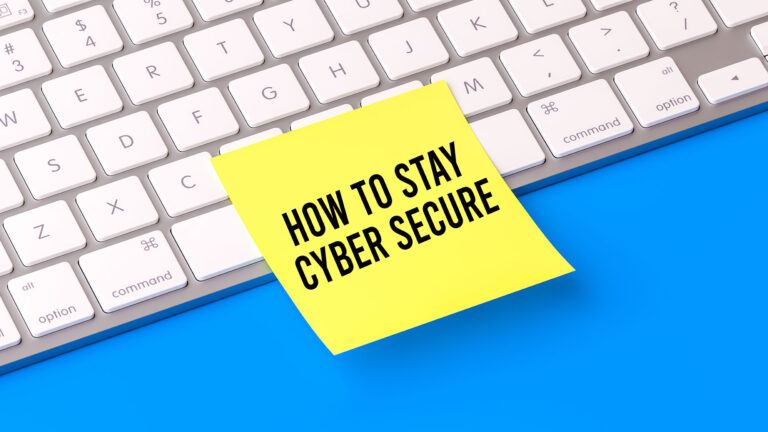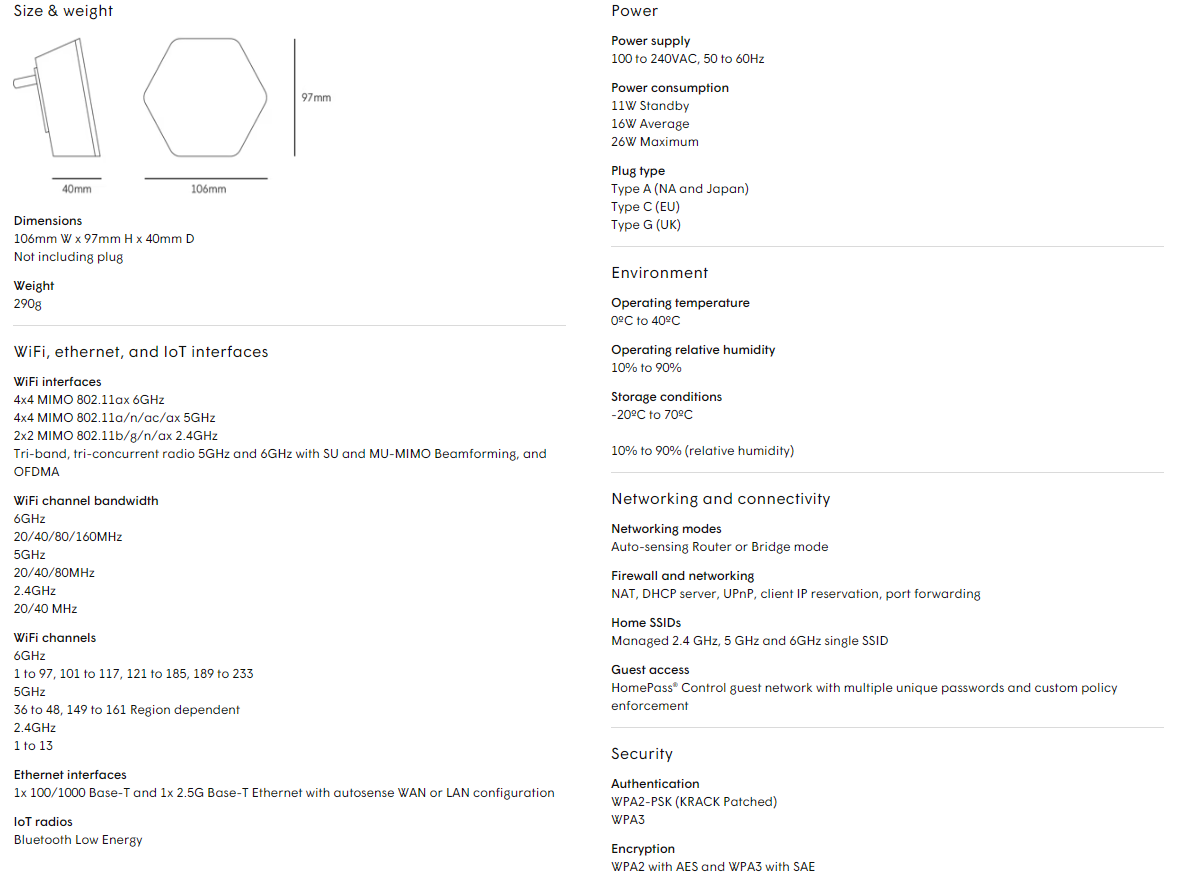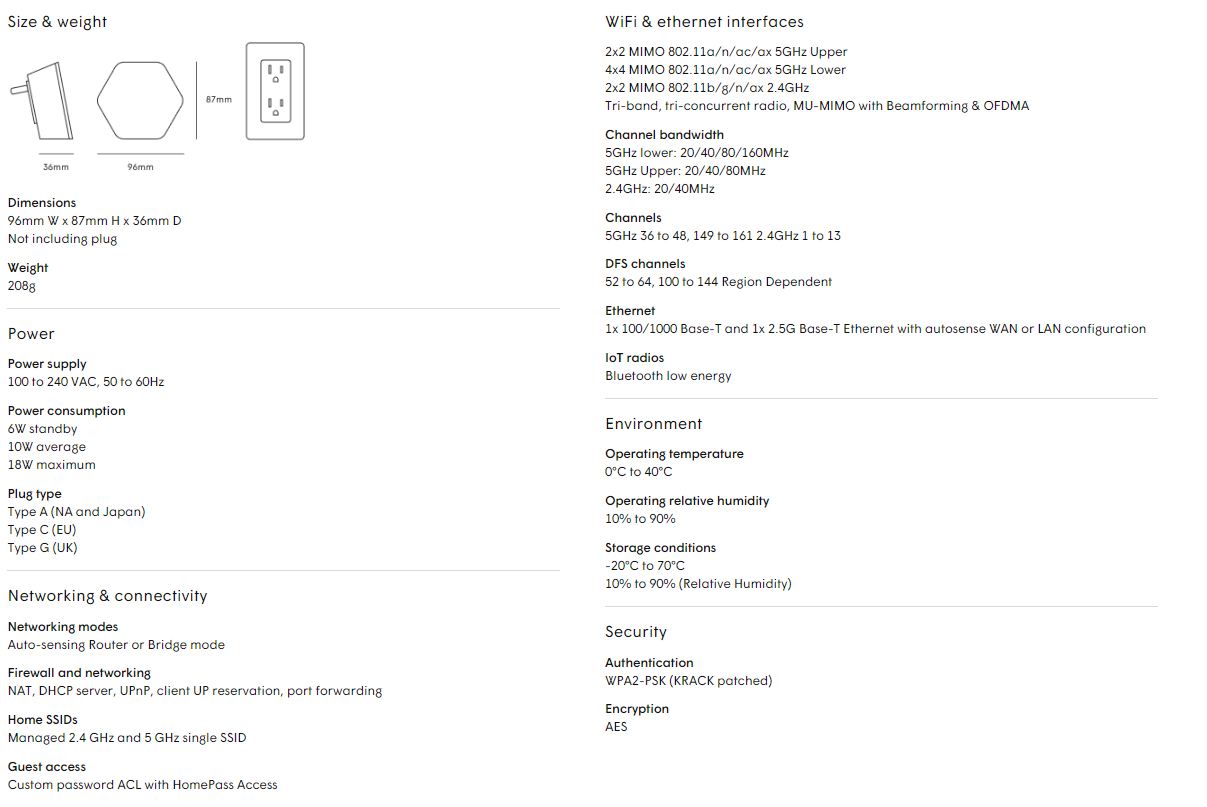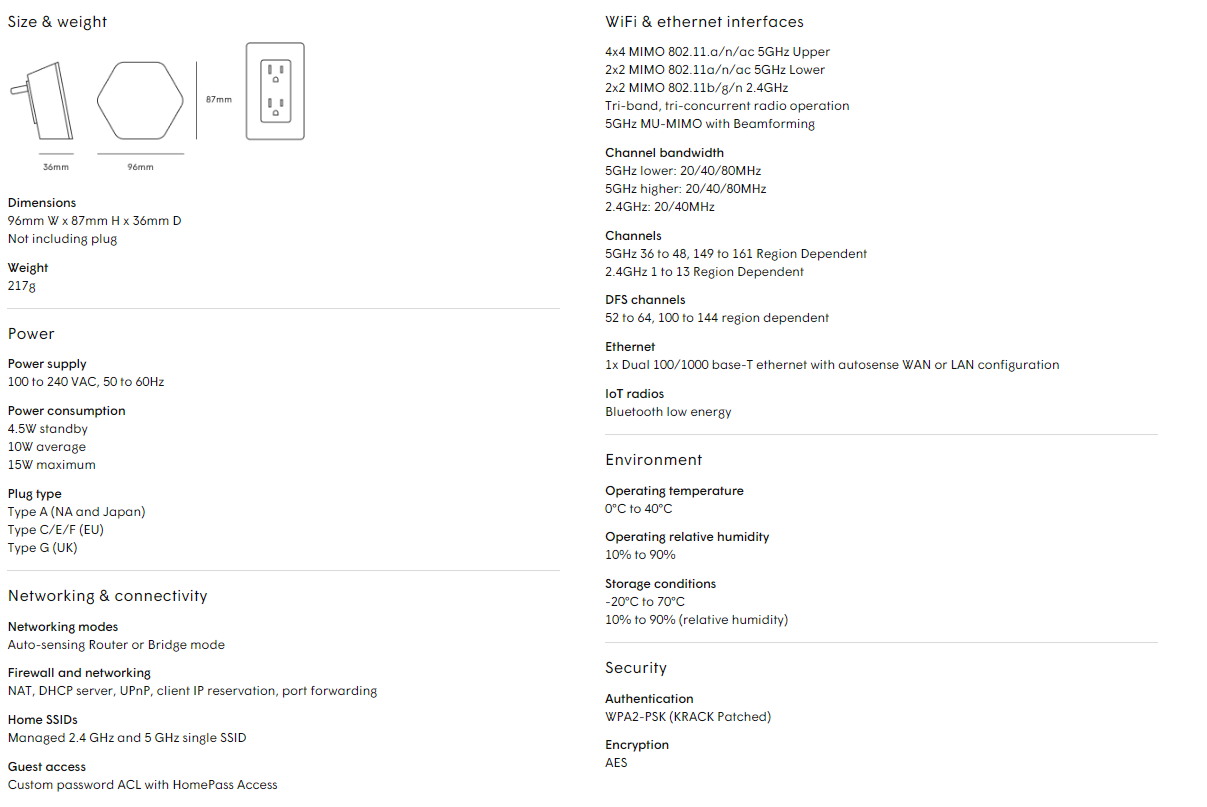[BlackCat, also known as ALPHV and Noberus, is a ransomware family written in Rust. It made its first appearance in November 2021. It is also the name of the threat actor(s) who exploit it.]
In a recent joint cybersecurity advisory, the Cybersecurity and Infrastructure Security Agency (CISA), the FBI, and the Department of Health and Human Services (HHS) shed light on the growing threat of ransomware attacks targeting healthcare organizations. The advisory not only outlines the impacts of these attacks but also delves into the attack techniques of the notorious ALPHV ransomware group, providing indicators of compromise (IoCs) and recommending proper response actions.
ALPHV ransomware has emerged as a significant threat, prompting a collaborative effort from multiple federal agencies to address the issue. According to the advisory, between December of the previous year and the end of February, ALPHV ransomware has targeted a staggering 70 organizations, with healthcare institutions being the most commonly victimized.
The advisory points to a concerning trend wherein ALPHV affiliates are encouraged to target hospitals, particularly after operational disruptions were inflicted upon the group and its infrastructure in early December 2023. These attacks typically commence with social engineering tactics, including email, phone, and text communications impersonating IT personnel to gain employee credentials.
To mitigate the risk posed by ALPHV and similar ransomware threats, CISA recommends several proactive measures:
Lockdown of Endpoint Applications
Restricting applications that can run on endpoints can help prevent the unauthorized execution of malicious software.
Implementation of FIDO2-based MFA
Multi-factor authentication (MFA) based on FIDO standards can significantly enhance the security posture of healthcare organizations by adding an additional layer of authentication. (Learn more about MFA from industry leader DUO)
[FIDO2 is a standard that uses modern authentication technology to enable strong passwordless authentication. ]
Utilization of Network Monitoring
Implementing robust network monitoring solutions can help in the early detection of abnormal activities, which could indicate a ransomware attack in progress.
(Citynet provides a portfolio of proactive, comprehensive network monitoring solutions.)
Deployment of Email Scanning Tools
Employing advanced email scanning tools can help identify and eliminate malicious content before it reaches employees’ inboxes, reducing the likelihood of successful social engineering attacks. (Citynet can deploy email scanning and filtering solutions for your organization.)
Endpoint Protection Measures
Ensuring comprehensive endpoint protection measures are in place, including endpoint detection and response (EDR) solutions, can help in detecting and mitigating ransomware threats. (Citynet offers endpoint security solutions such as Cisco Secure Endpoint.)
Security Awareness Training
Implementing regular security awareness training programs, with a specific focus on social engineering and phishing attacks, can empower employees to recognize and thwart potential threats. (Learn more about security awareness training from KnowBe4.)
Proactive measures are key to safeguarding healthcare organizations and their critical data in the fight against ransomware. Citynet, as a trusted provider of cybersecurity solutions, offers comprehensive solutions to protect against ransomware attacks and other cybersecurity threats. By partnering with Citynet, organizations can fortify their defenses and mitigate the risks associated with ransomware, ensuring the security and integrity of their sensitive healthcare data.








